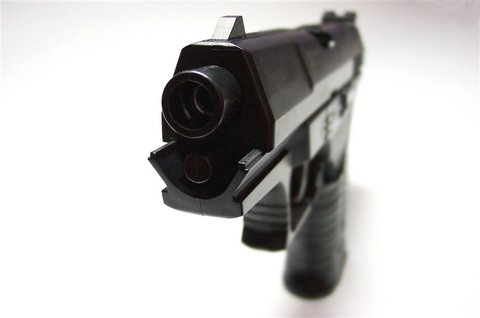 As all Jacksonville residents know, the economy has been down in this nation for over a year. Jobs have been lost, homes have gone under, and crime is at an all time high. It is a statistical fact that during a time of economic recession incidents of criminal activity and alcohol abuse are at an all time high. Sometimes, these rough times lead people to make poor decision and to act in ways, if time were good, they would not normally act. Two crimes of particular intrigue are Burglary and Robbery. These two criminal activities are commonly misunderstood and used interchangeably. However, they are two distinct crimes with very different penalties.
As all Jacksonville residents know, the economy has been down in this nation for over a year. Jobs have been lost, homes have gone under, and crime is at an all time high. It is a statistical fact that during a time of economic recession incidents of criminal activity and alcohol abuse are at an all time high. Sometimes, these rough times lead people to make poor decision and to act in ways, if time were good, they would not normally act. Two crimes of particular intrigue are Burglary and Robbery. These two criminal activities are commonly misunderstood and used interchangeably. However, they are two distinct crimes with very different penalties.
Florida defines Burglary as “entering a dwelling, a structure, or a conveyance with the intent to commit an offense therein, unless the premises are at the time open to the public or the defendant is licensed or invited to enter.” Florida Statute § 810.02. Basically, if a person enters the home, car, business, etc. of another with the intent to commit an offense (i.e. steal) then they could be found guilty of Burglary.
In contrast Florida defines Robbery as “the taking or money or other property which may be the subject of larceny from the person or custody of another, with the intent to either permanently or temporarily deprive the person or the owner of the money or other property, when in the course of the taking there is the use of force, violence, assault, or putting in fear.” Florida Statute § 812.13. Basically, Robbery requires the forceful taking of property or money from the body of the person (i.e. pick-pocket).
 Jacksonville Criminal Defense Lawyer Blog
Jacksonville Criminal Defense Lawyer Blog



